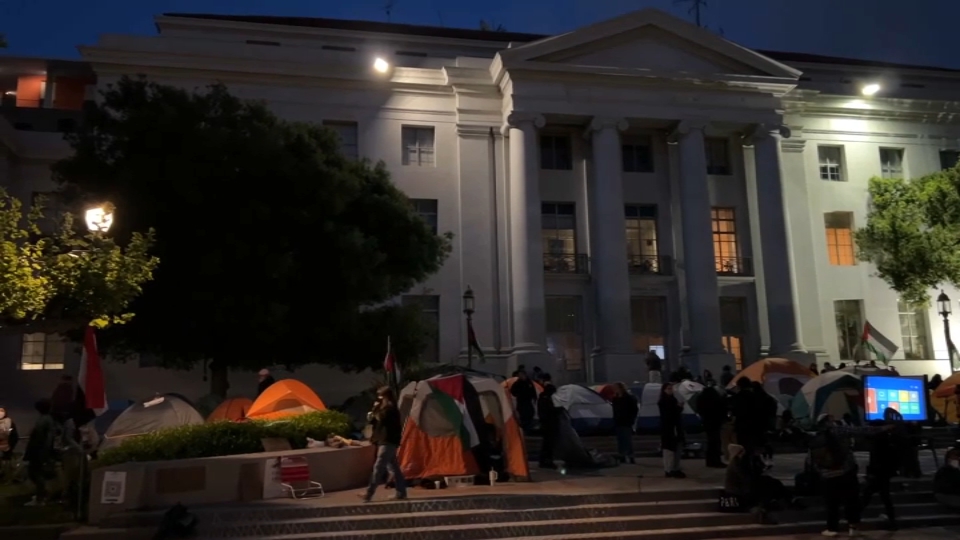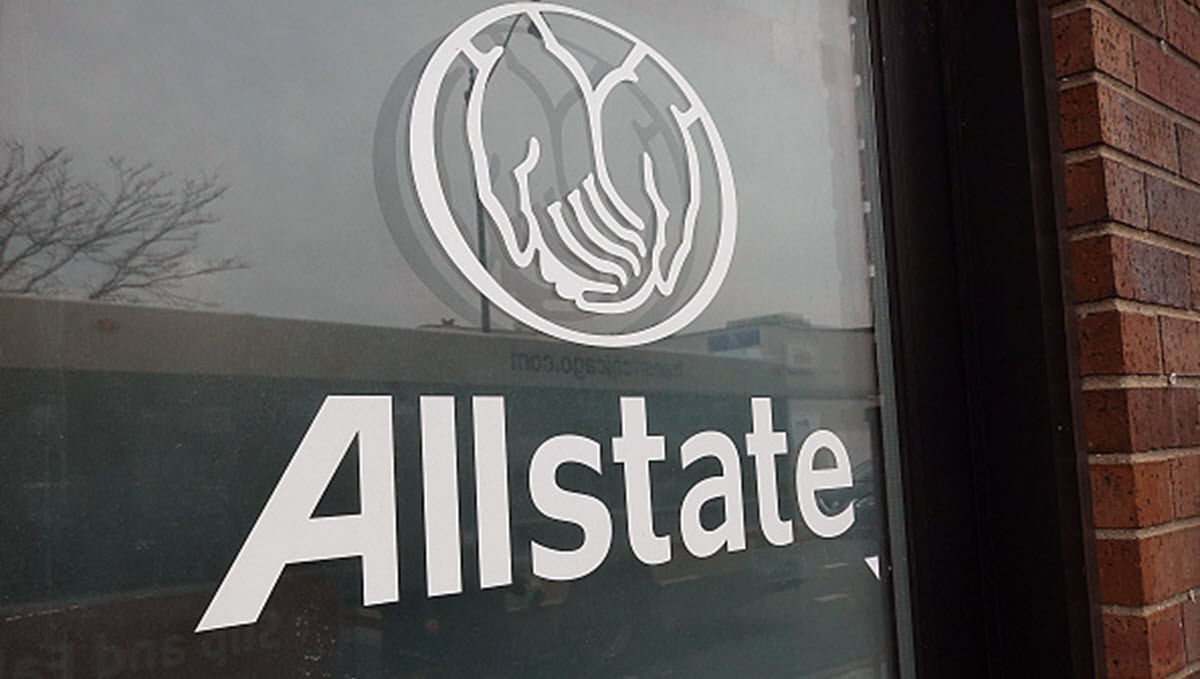A federal judge rejected on Wednesday a lawsuit by Bernie Sanders supporters who argued elections officials in California were confusing and robbing unaffiliated voters of the chance to vote in the state's June 7 Democratic presidential primary.
U.S. District Court Judge William Alsup in San Francisco said the Voting Rights Defense Project waited too long to request an injunction for radio and TV ads informing "no-party preference," or unaffiliated, voters that they can vote in the presidential primary of the Democratic, American Independent and Libertarian parties.
The group had argued that Alameda and San Francisco county elections officials were failing to inform unaffiliated voters of that right, threatening to disenfranchise thousands of voters. Its lawsuit named California Secretary of State Alex Padilla and two county elections officials.
As the drama unfolded in court, Sanders, who has no official tie to the lawsuit, spoke at a community panel with Asian American leaders in Palo Alto.
Padilla said the lawsuit was frivolous, as did the other two registrar offices. "We don't think there is any merit to the allegations," San Francisco City Attorney spokesman Matt Dorsey said before the ruling. Both counties provided documentation that they have extensively promoted "crossover voting" online, by snail mail postcards and other means. Both registrars also testified they train their workers and cover "cross-over voting in detail."
The news, however, was upsetting to the other San Francisco plaintiffs and Bernie Sanders supporters, who had joined the suit.
Clara Daims, a musician and registered “no-party preference” voter, and Suzanne Bushnell, a Democrat, on May 20 alleged their voting rights have been “chilled,” according to the lawsuit.
Local
For example, Daims testified that she is “personally aware” that ballot stations sometimes runs out of the ten sets of ballots, and that the first ones to go are the ones marked for no-preference party, or NPP, and Democrat. “That could also make it difficult or impossible to vote for Bernie Sanders,” she alleged, adding that she planned to vote early to make sure there weren’t any problems.
"This is unbelievably confusing, even for the experts," her Oakland-based attorney William Simpich said in an interview Wednesday morning. "At a minimum, voters should all be getting the same message." This confusion has been going on in California elections for quite some time, Simpich said. As far as he knows, Simpich said this is the first lawsuit of its kind ever filed, made even more important because of this "hotly contested election."
At issue was whether voters understand the rules for the presidential primary, which differ from those governing other elections in California. Alsup ruled that California voters are smart enough to figure the system out.
California has a semi-open presidential primary system in which the Democratic, American Independent and Libertarian parties are allowing nonpartisan voters to participate in their presidential nominating contests this year.
Unlike statewide primaries — where voters now choose any candidate, no matter the political party — the presidential contests are controlled by the parties themselves. Democrats have opened up their primary between Hillary Clinton and Sanders to voters that have no political affiliation. The Republican Party did not open its California presidential primary to unaffiliated voters.
The judge had to wade through conflicting testimony provided by poll workers, who submitted differing views on their training. Alsup ultimately decided the training was good enough.
In his testimony, Santa Clara County poll worker Jeff Lewis wrote that he was clearly told that he may “not even suggest partisan ballots for NPP voters,” and that if a voter does not specifically ask for a Democratic ballot, they will be given a nonpartisan ballot that “does not have Bernie’s name on it. Period.”
The Associated Press contributed to this report.



